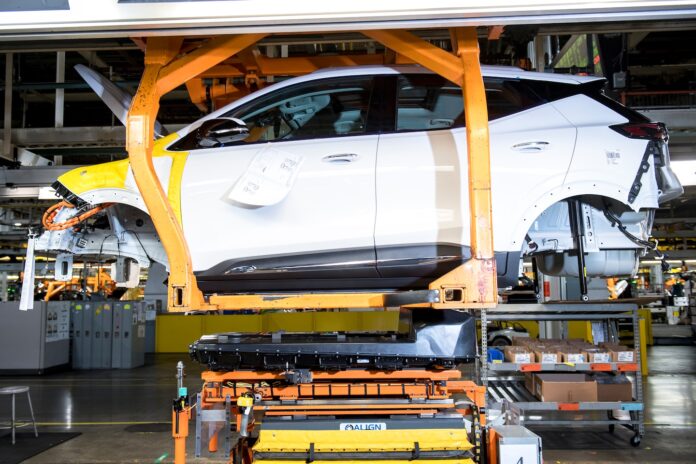Well folks, it looks like the Environmental Protection Agency (EPA) is putting up a fight against gasoline and diesel. But hold on to your horses, because the naysayers are already coming out of the woodwork. These self-proclaimed fuel advocates are saying the EPA’s proposal is a de facto ban! Watch out, lawyers and lobbyists are already gearing up for a knock-down, drag-out fight. Even the auto industry and Republican states may join in on the fun, depending on how this all shakes out. Looks like the EPA might have to put its dukes up.
Ah, legal battles, they’re just like those never-ending games of Monopoly that you play with your family every holiday season. And wouldn’t you just know it, one of the most controversial battles yet is over the EPA’s vehicle emissions rules. Texas and other fossil-fuel producing states already challenged the Biden administration’s updates to these rules in 2021, and that case is still pending in federal appeals court. Talk about a slow burn.
The changes the EPA is proposing are so drastic that they might have bitten off more than they can chew. So says Jeff Holmstead, a lawyer who used to oversee air pollution policy at the EPA under President George W. Bush. He thinks the odds might be against the EPA this time around, especially after the Supreme Court limited the agency’s authority on climate change last year. Without explicit direction from Congress, the court said that the EPA can’t impose sweeping changes over industries, including the electric power sector. Looks like Holmstead thinks the EPA might get a taste of its own medicine.
Now, here’s where it gets interesting. The EPA proposal requires car manufacturers to stay within a limit on the emissions of their entire fleet of vehicles, but doesn’t require they sell EVs or mandate the use of any specific technology to comply. Makes sense, right? But because EVs have zero tailpipe emissions and are starting to become popular, experts assume that the only way to comply with the rule is by increasing EV sales. As of January, only 7 percent of new vehicle registrations in the US were electric. But under the most aggressive scenario in the EPA’s proposal, that number would have to rise to 67 percent by 2032. Woah, that’s a lot of EVs! Will consumers be ready to make the switch?
Holmstead thinks the EPA’s proposal could be invalidated if it can’t prove the math behind its targets. That means they’ll have to not only show an increase in consumer sales but also prove the mineral production and other supply chain development needed to build these vehicles can keep up with the demand. Looks like the EPA might have to do some fancy footwork to make this all work.
Biden administration officials are feeling pretty good about their estimates because they say they’re based on market trends. They’re citing $120 billion in private sector investment going into developing EVs over the past two years, which is way different than how things were done in the past. Chet France, a former senior official at the EPA, thinks this is all justifiable justification for such an aggressive proposal. Looks like the Biden team is staying cool under pressure.
Serious News: washingtonpost

